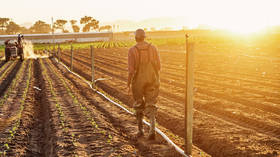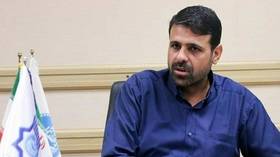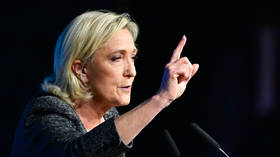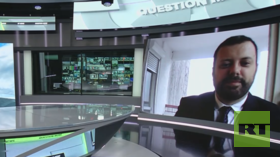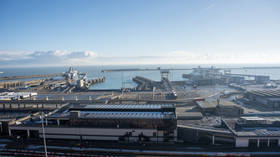'Our coalition must endure': 5,000+ US troops embed with coalition forces to strike Mosul
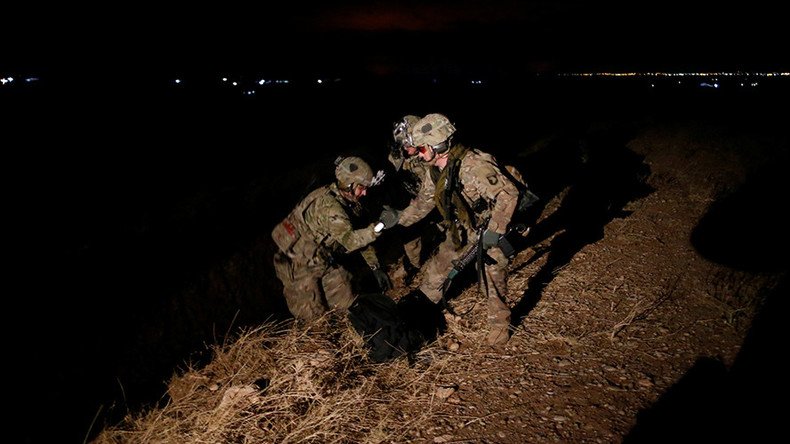
More than 5,000 US forces stationed in Iraq are embedding with other coalition fighters on the frontlines, where the Islamic State has been taking control of major cities like Mosul.
"We have always had opportunities to work side-by-side, but we have never been embedded to this degree," US Army Colonel Brett G. Sylvia told Reuters.
As of August 2016, over 25 nations make up the the coalition forces in Operation Inherent Resolve, but the vast majority of the troops still come from the United States. Together these nations have attacked Islamic State (IS, formerly ISIS/ISIL) in Iraq and neighboring Syria since 2014.
“It's a team effort,” Marine Captain Lou Murillo, who has been on the ground in Iraq, told NPR reporters. “If we have intelligence, we'll talk with them and make sure that we are both included on the approval process for it. And then we will send a request up to our higher headquarters, and they process the targets from there.”
The coalition has been moving troops to Mosul, where Human Rights Watch reports that terrorists have been “indiscriminately or deliberately killing and wounding people for refusing to be human shields.”
Iraq: ISIS Attacking Civilians in Mosul Retreat https://t.co/g5gS7Ipvxy
— Human Rights Watch (@hrw) December 21, 2016
The US army has been deploying more troops to support the Iraqi security forces (ISF), in a role supposedly limited to “training, advising, and assisting.”
Along with American troops, several thousand Iraqi federal police have been relocated from the southern outskirts to reinforce the eastern front. Together, the coalition is the largest force in Iraq since the initial US invasion of Iraq in 2003.
Forever war: Obama pulled troops from Iraq 5 years ago, but US military now poised to remain https://t.co/PrKBobRuTH
— RT America (@RT_America) December 15, 2016
When asked if US troops in Iraq are engaging in combat with the coalition forces, Army Colonel Steve Warren told reporters they are only there to “simply shoot back if somebody shoots at them. They won’t kind of go off and conduct any type of mission on their own.”
However, according to the Pentagon, as a part of Operation Inherent Resolve to intervene against IS, the US has conducted 13,058 strikes, including 7,248 in Iraq and 5,810 in Syria, while the rest of the coalition forces have conducted 3,748 strikes, with 3,430 in Iraq and 318 in Syria.
As the White House transitions, Defense Secretary Ash Carter suggested that the prospect of sending even more troops to Iraq seems likely, even if IS is defeated. "We'll need to continue to counter foreign fighters trying to escape and ISIL's attempts to relocate or reinvent itself. To do so, not only the United States but our coalition must endure and remain engaged militarily," Carter said to Fox News.
In April, President Barack Obama told reporters that he expected Mosul to fall by the end of the year.
“My expectation is that by the end of the year, we will have created the conditions whereby Mosul will eventually fall,” Obama told CBS News.



